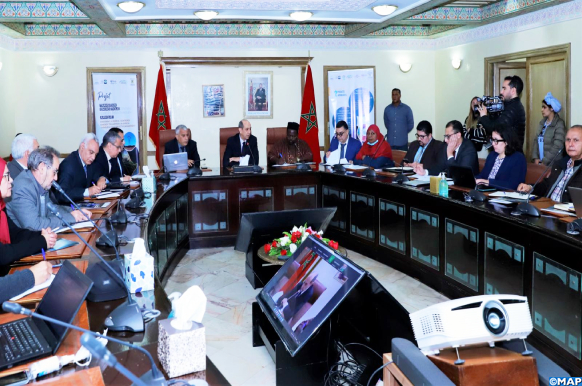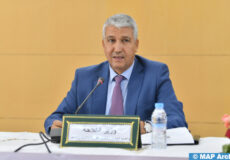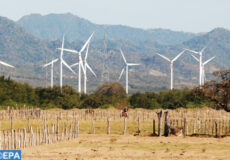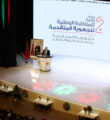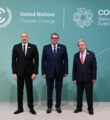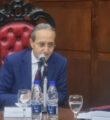Energy Transition: Two Pan-African Projects Launched in Rabat
Rabat- Two pan-African projects on climate change and sustainable energy were launched on Tuesday in Rabat, during a workshop held by the Moroccan Association of Teachers of Life and Earth Sciences (AESVT).
This workshop, organized in partnership with the Ministry of Energy Transition and Sustainable Development and the Pan-African Climate Justice Alliance (PACJA), was an opportunity to discuss the challenges and opportunities of the energy transition, emission reduction and adaptation to climate change.
The meeting was also an opportunity to discuss the main features of the two environmental projects carried out by AESVT and its partners, as well as to exchange on the joint actions to be implemented, to guarantee better support in this area.
The debates focused on supporting Morocco’s environmental civil society to strengthen its position in Africa, promoting its climate strategy at the African level, and raising awareness of the major challenges facing Morocco in terms of sustainable development and climate change.
The first project, which is supported by the Swedish International Development Agency, aims to unify Africa’s action for resilient development in the post-COVID-19 era.
It covers twelve African countries, namely Kenya, Ethiopia, Tanzania, Rwanda, Niger, Cameroon, Zambia, Botswana, Morocco, Nigeria, Côte d’Ivoire and Gabon.
The second project focuses on people-centered energy transition in Africa. It is led by the African Coalition for Sustainable Energy Access (ACSEA) in five African countries (Botswana-Cameroon-Kenya-Morocco-Nigeria).
This workshop, which will continue its works on Wednesday in Casablanca, covers several topics including “Issues and challenges of Energy in Morocco and Africa” and “Implementing the SDGs in Africa and Morocco.”



